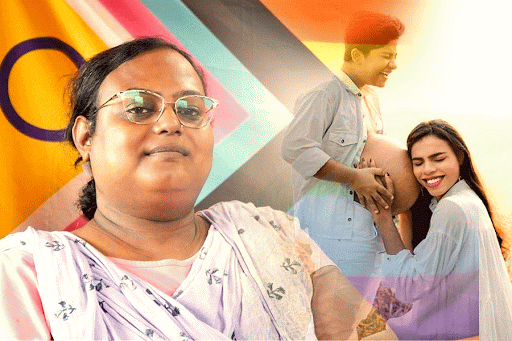On Monday, the Kerala High Court did something far-reaching. In a case brought by a transgender couple — Zahhad and Ziya—the court ruled that the gendered labels ‘mother’ and ‘father’ must be removed from their child’s birth certificate. The couple will now simply be listed as ‘parents’.
Zahhad, a trans man, who carried and gave birth to their child, was initially marked ‘mother (transgender)’ on the certificate. Ziya, his partner, a trans woman, was marked as ‘father (transgender)’.
The couple found this labeling reductive and discriminatory. They approached the Kozhikode Corporation to remove the gendered markers. When their request was denied, they turned to the courts, arguing that being denied such a certificate was a denial of their and their child’s fundamental rights.
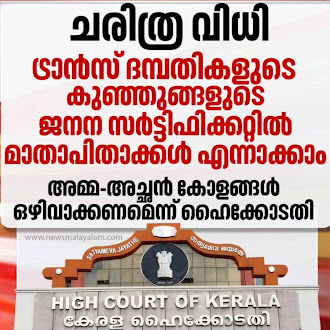
Sharing the news on social media, Ziya Paval writes: '02 | Jun | 2025 Another milestone that we can't forget'(Instagram/paval19)
Their plea highlighted that other countries already allow parents — particularly same-sex couples — to choose the title they want listed on a birth certificate, including the option of simply being called ‘parent’. The Kerala High Court, in a significant gesture of recognition, agreed.
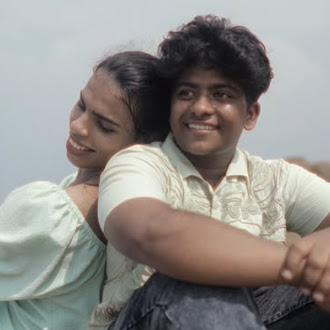
Zahhad and Ziya (Instagram/paval19)
But for India’s queer community, this legal victory is one milestone in a long and ongoing journey.
In Kolkata, Sintu Bagui lives this journey every day.
A queer mother and civil activist, she describes parenting as both joyful and difficult… especially in a society that struggles to look beyond biology and traditional gender roles.
“Initially, I didn’t know how my kids would receive me… I am not the biological mother. Or if they would understand me or still look at me as their mother,” she told My Kolkata.
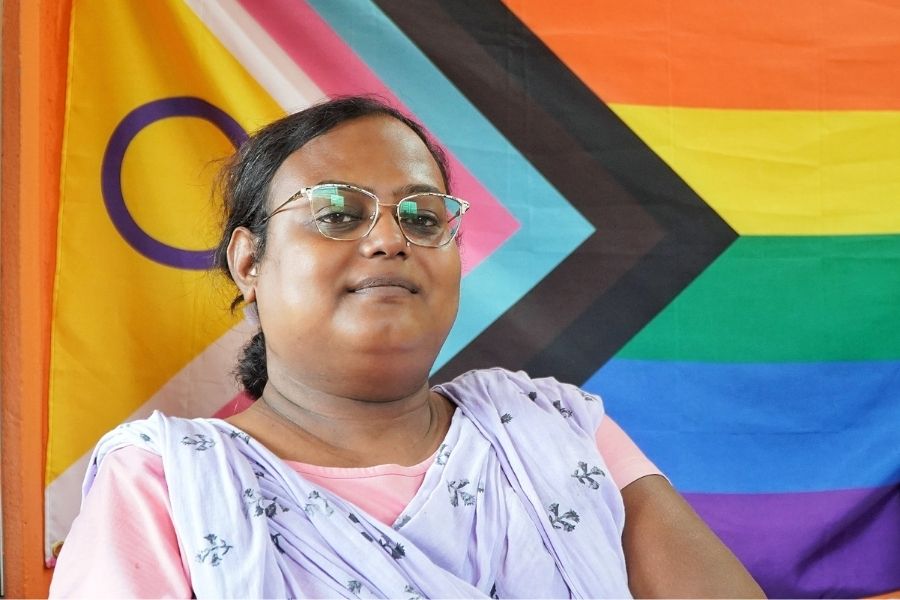
Sintu Bagui (Picture by Soumyajit Dey)
Sintu identifies as transgender.
“Since childhood, I felt like a girl. By the time I was 11 or 12 years old, I was a ‘girly’ boy and my behavior was like a girl's,” she says. “At that time, I didn’t know anything about transgenders or transwomen.”
It was only in 2010, after finding support through Anandam – a Kolkata-based organisation advocating for LGBTQKH* rights — that she came into her identity. “Since then, I feel happy in the place that I am now. I feel like a woman, and I consider myself like my mother. I became a parent.”
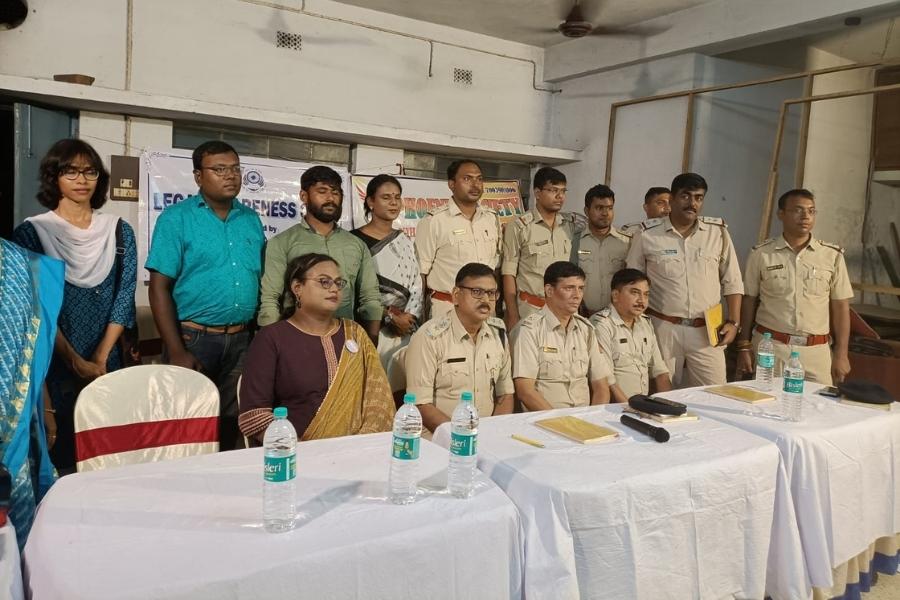
Sintu Bagui with police officials at a gender sensitisation workshop (Sourced by TTO)
Parenting, for Sintu, is rooted in emotional commitment, not biology.
“My kids know that I am always there for them, and I know that they will always support me. Parenthood or motherhood has nothing to do with one’s orientation or gender identity. This journey is forever as long as I live.”
The reality, however, remains fraught with stigma.
“There is still a lot of stigma and hate that is happening towards non-binary people,” she says. “If, especially, I am parenting a queer child, that hate would be directed to the child as well. Society fails to understand I can also raise a child in a far better way. Because somewhere or the other, everybody has a right to be a parent.”
Her children, Sintu says, have embraced her completely. “They call me ‘Maa’. ‘Maa, let’s go have coffee, let’s go have phuchka, let’s watch a movie.’ The desires they have are very similar to a regular motherhood. I did not give birth biologically, but the feelings are the same.”
But financial precarity remains a major hurdle.
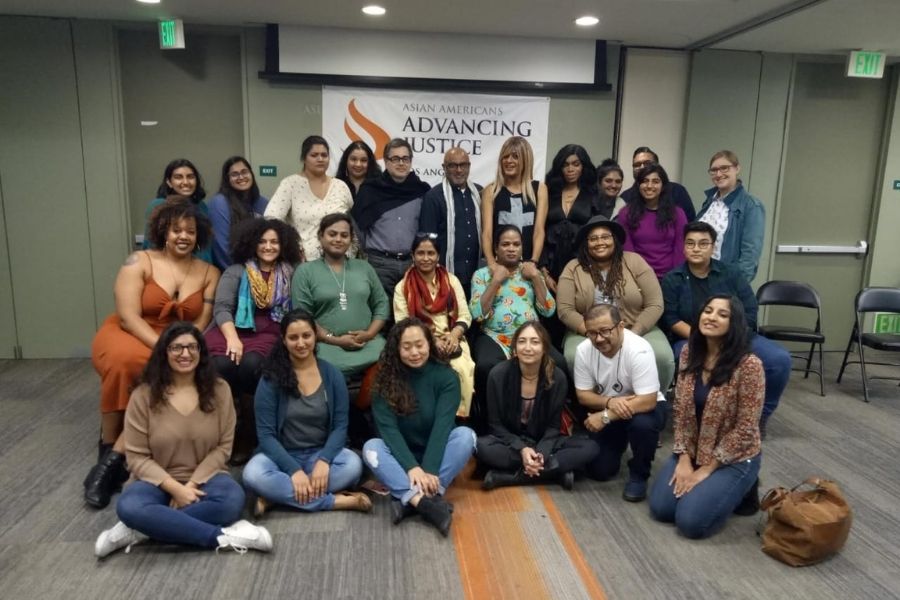
A gender sensitisation workshop attended by members of Kolkata Anandam (Sourced by TTO)
Organisations like Anandam work to create safer, more dignified lives for members of the LGBTQKH* community. Dr. Soma Roy, a key figure in the organisation, explains the unique position of ‘kothis’, effeminate men or boys, who often take on the receptive role in same-sex relationships. Unlike hijras, kothis often live within mainstream society and do not always belong to intentional communities. Yet both groups face persistent stigma and social exclusion.
The stigma surrounding queer families often stems from entrenched notions of gender and parenthood.
Who gets to be called a mother? Who is allowed to raise a child? The answers, for many, are still dictated by outdated frameworks.
But the Kerala ruling and the voices of people like Sintu, challenge that framework.
“Queer families need to exist irrespective of whatever propaganda and hate people get across the world,” says Sintu. “We can’t fear the world and stop being aspirational about what we want as a family.”
A court order may change a certificate. But what Zahhad, Ziya, and Sintu are changing is the very meaning of parenthood in India.
